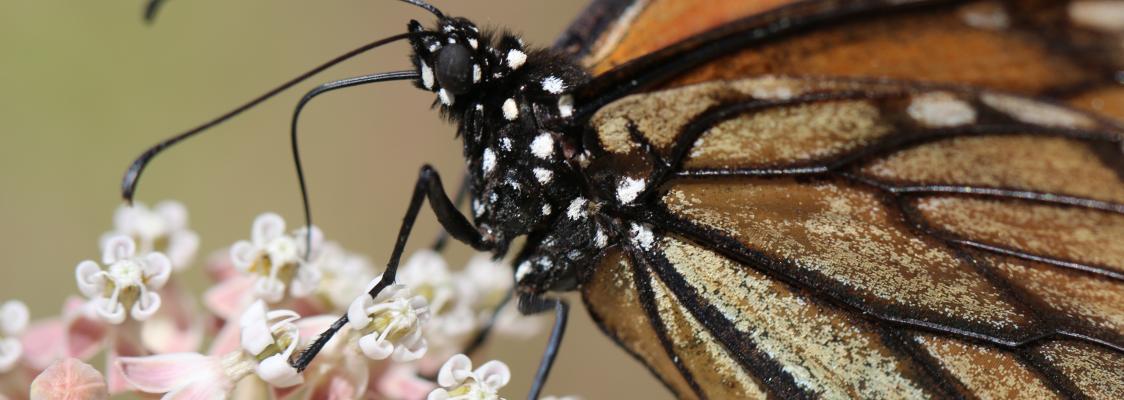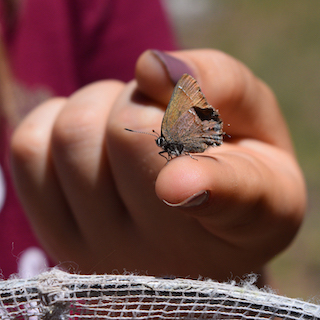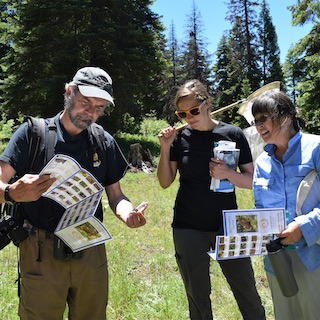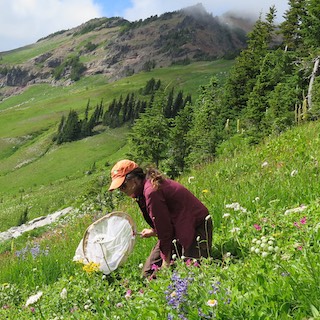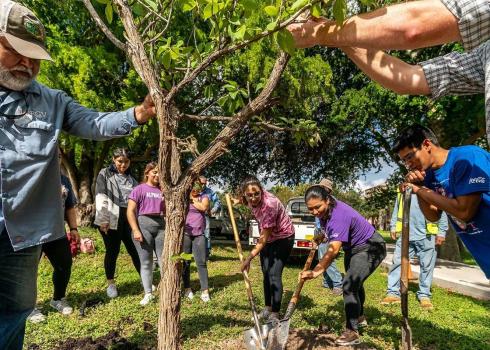Invertebrates form the foundation of many of our terrestrial and aquatic ecosystems, and yet they are greatly underappreciated in mainstream conservation. Destruction of habitat, pesticides, disease, and climate change are all factors leading to the decline of invertebrate species. To conserve and restore the diversity of life on earth, the Xerces Society’s endangered species conservation program engages in education, research, community science (sometimes referred to as "citizen science," or "participatory science"), conservation planning, and advocacy to protect at-risk species and their habitats. We collaborate with scientists and land managers to raise awareness about the plight of invertebrates and to gain protection for the most vulnerable species before they decline to a level at which recovery is impossible.
Community Science
Everyone is welcome to join these collaborative data-gathering efforts—no technical expertise necessary!
At-Risk Invertebrates
Learn more about the conservation statuses of the animals we seek to protect.
Identification and Field Guides
View guides for identification and further study in the field.
What We're Doing
We're conducting field research, developing habitat management guidance, advocating for protection for key species, and more.

